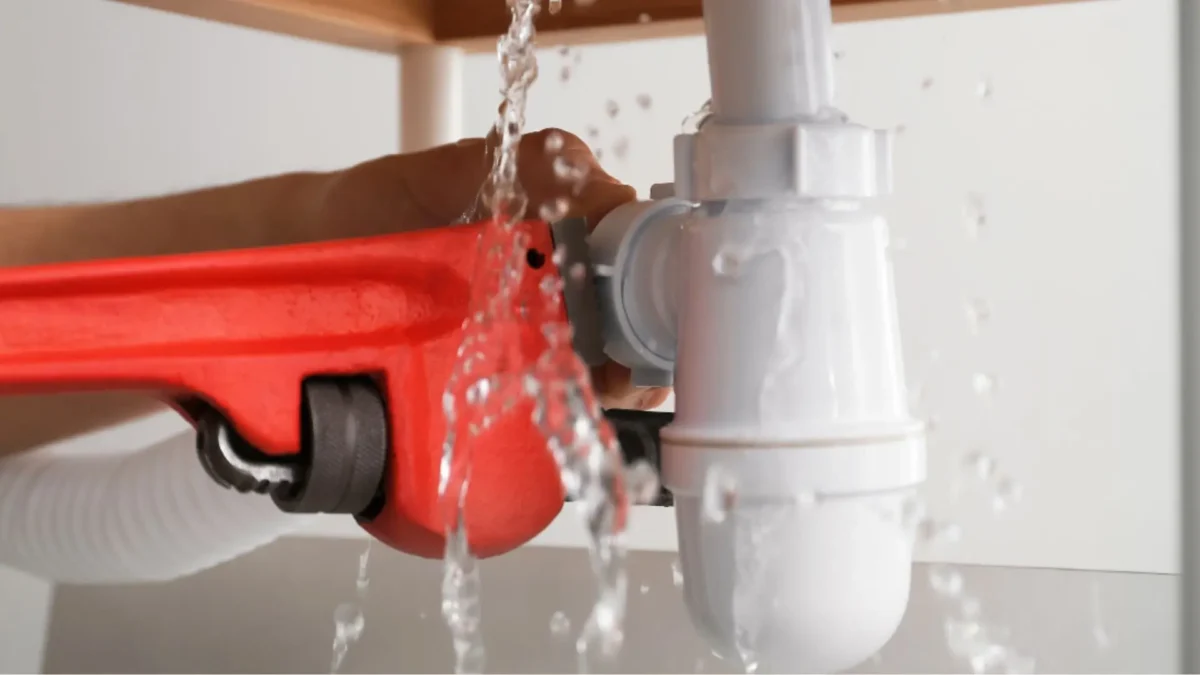When a plumbing crisis strikes, quick action can prevent extensive damage to your home. While some issues might seem manageable at first, certain situations require immediate professional attention. Knowing when to tackle a problem yourself and when to seek help can save you time, money, and stress in the long run.
Signs You Need Immediate Professional Help
Water emergencies don’t always announce themselves with dramatic floods. Sometimes, subtle signs can indicate serious problems. Discolored water, unusual sounds from pipes, or persistent low water pressure might signal underlying issues that require expert attention. In these situations, contacting a plumber in Newark CA promptly can prevent minor problems from escalating into major disasters.
Common Emergency Situations
Burst Pipes
Burst pipes can quickly cause extensive damage to your home. As an immediate response, locate your main water shutoff valve and turn it off. Remove valuable items from the affected area and try to contain any standing water. This buys precious time while waiting for professional help to arrive.
Overflowing Toilets
When facing an overflowing toilet, first stop the water flow by closing the valve behind the toilet or removing the tank lid and lifting the float. Clear the area of any items that could be damaged by water, and avoid flushing again until the problem is resolved.
Severe Drain Clogs
While minor clogs might respond to simple plunging, severe clogs can indicate more serious problems in your plumbing system. Avoid using harsh chemical cleaners, as these can damage your pipes and create more expensive problems down the line.
What To Do While Waiting for Help
Document the Damage
Take photos of any visible damage for insurance purposes. This documentation can prove valuable when filing claims or discussing repairs with your plumber.
Contain the Problem
Use towels, buckets, or other containers to collect water and prevent it from spreading to unaffected areas. Move furniture and valuable items away from wet areas to prevent additional damage.
Gather Information
Make notes about when the problem started and any relevant details about what happened before the emergency. This information can help your plumber diagnose and fix the issue more efficiently.
Preventing Future Emergencies
Regular maintenance can significantly reduce the risk of plumbing emergencies. Schedule annual inspections of your plumbing system, and pay attention to early warning signs like slow drains or unusual noises. Keep basic tools like a plunger and pipe wrench handy, and know the location of your main water shutoff valve.
When DIY Isn’t Enough
While some minor plumbing issues can be resolved with basic tools and knowledge, many situations require professional expertise. Modern plumbing systems are complex, and attempting repairs without proper training can lead to more expensive problems or even dangerous situations.
The Cost of Waiting
Delaying necessary plumbing repairs often leads to more extensive damage and higher repair costs. Water damage can affect walls, floors, and foundations, potentially creating structural issues or mold growth that requires expensive remediation.
Choosing the Right Time to Call
Emergency plumbing services are available 24/7, but knowing when to call can save you money. True emergencies that can’t wait include flooding, sewage backups, or any situation where water cannot be contained. Less urgent issues might wait for regular business hours, potentially saving you after-hours service fees.
Conclusion
Being prepared for plumbing emergencies can help you respond effectively when problems arise. Keep emergency contact numbers readily available, understand your home’s plumbing basics, and don’t hesitate to call for professional help when needed. Remember that quick action can prevent minor issues from becoming major disasters.
Related posts
Recent Posts
Why “Standard Size” Windows Don’t Exist? Window Replacement Experts in Athens, AL Get the Perfect Fit
When it comes to home renovations, windows play a pivotal role in both aesthetics and functionality. Many homeowners in Athens, AL, might assume that window sizes are standardized, but this is a common misconception. In reality, the concept of “standard” window sizes is more myth…
Why do regular AC tune-ups extend the life of your cooling system?
Air conditioning systems are substantial investments, typically costing thousands of dollars to replace. Without regular maintenance, these systems deteriorate faster than necessary. Depending on the manufacturer, neglected HVAC systems can lose up to 5% of their efficiency yearly without proper maintenance. This decline happens gradually,…



